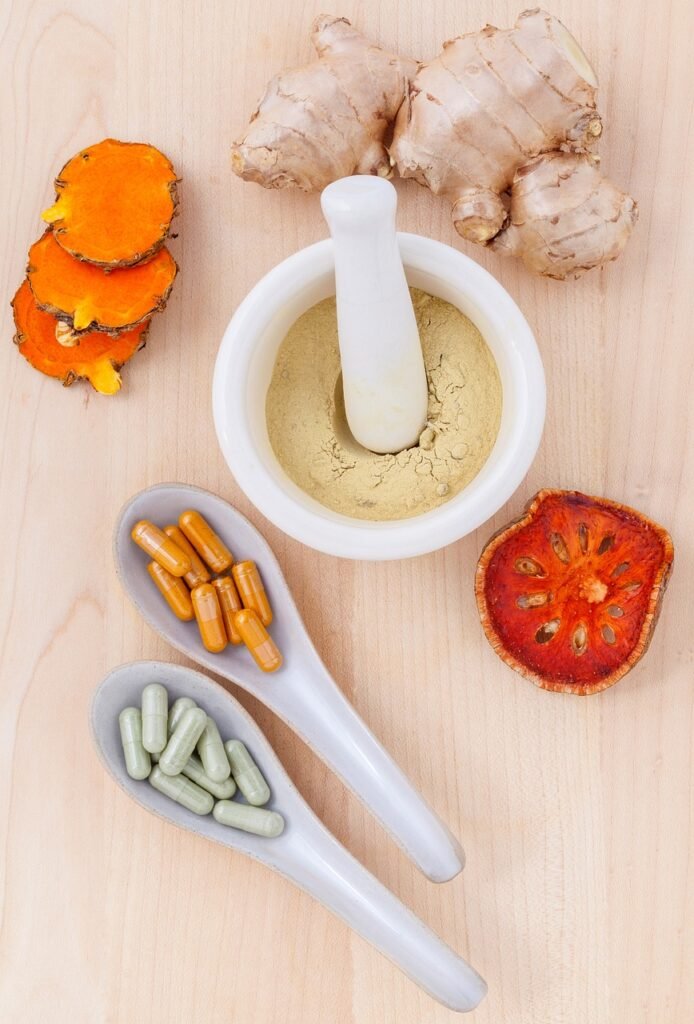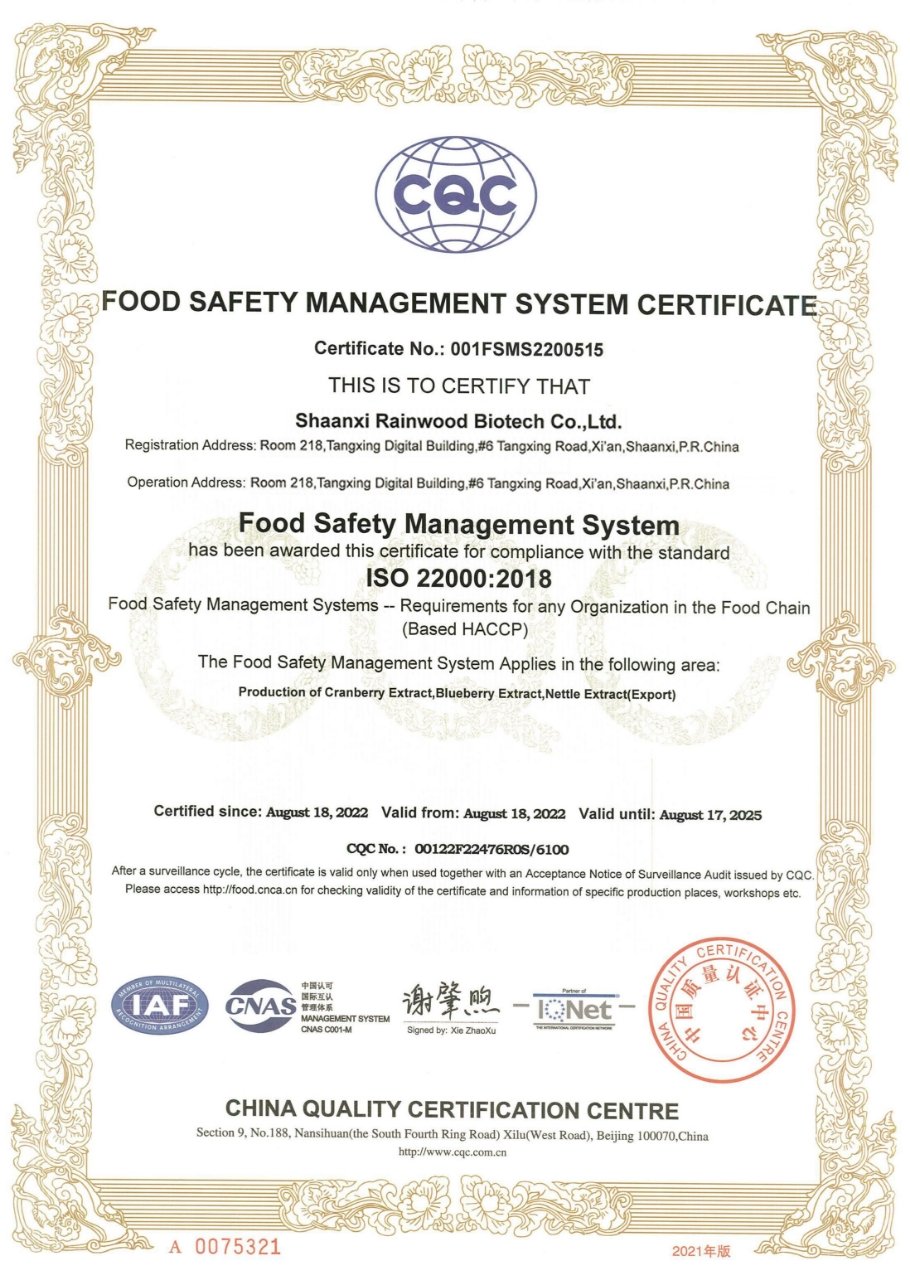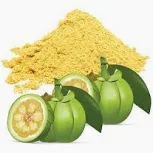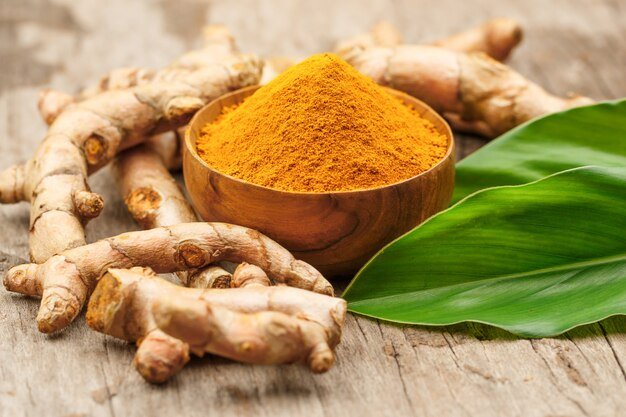What are the daily supplements that people need?
Daily supplements can vary based on individual needs and health conditions. Here are some common types of daily supplements:
Vitamins and Minerals: Essential for normal bodily functions, vitamins and minerals play crucial roles in maintaining overall health, immune system function, and various physiological processes. Common vitamins include vitamin C, vitamin D, and B vitamins, while common minerals include calcium, iron, and zinc. These nutrients are essential for maintaining health and well-being.
Heart and Brain Health: Supplements such as fish oil (rich in omega-3 fatty acids), coenzyme Q10, and soy isoflavones are believed to be beneficial for cardiovascular and brain health.
Antioxidants: Antioxidants help combat free radical damage, protecting cells from oxidative stress. Common antioxidants include vitamin E, vitamin C, and coenzyme Q10.
Protein: Protein is essential for building and repairing tissues. Protein supplements can help meet the nutritional needs of individuals requiring extra protein, such as athletes, those recovering from illness, or the elderly.
Probiotics and Prebiotics: Gut health is crucial for overall health. Probiotics and prebiotics help maintain a balanced gut microbiome, promoting digestion and immune system health.
Joint Health: Supplements such as glucosamine, chondroitin, and collagen may provide support and comfort for joint health.
Immune Support: Some supplements, such as vitamin C, zinc, and garlic extract, are believed to support immune system function, helping to boost resistance to illness.
Rainwood offers premium quality vitamin series raw materials, please contact us for the latest raw material prices and product availability.

What are the best vitamin supplements for men?
Vitamin D: Helps maintain bone health and immune system function.
B Complex Vitamins: Including vitamins B1, B2, B3, B6, and B12, they assist with energy metabolism and nervous system function.
Vitamin C: A potent antioxidant that supports immune system function and skin health.
Vitamin E: Helps maintain heart health and provides antioxidant protection.
Omega-3 fatty acids: Essential for heart health and brain function.
Zinc: Supports the immune system and male reproductive health.
Magnesium: Supports muscle function and cardiovascular health.
Carotenoids: Including β-carotene and lutein, they promote eye and skin health.
Coenzyme Q10: Supports energy production and cardiovascular health.
Manganese: Supports bone and connective tissue health.
What are some of the foods for weight loss?
Protein Powder: Protein can increase satiety, help control appetite, promote muscle growth, and aid in weight loss and body shaping.
Dietary Fiber Supplements: Fiber can increase satiety, promote digestion and bowel movements, reduce calorie intake, and aid in weight loss.
Green Tea Extract: Rich in antioxidants and caffeine, it is said to increase metabolism, promote fat burning, and help control weight.
Melatonin: Can regulate sleep, improve sleep quality, reduce nighttime eating, and control weight.
Fatty Acid Supplements (such as Omega-3): Help control insulin sensitivity, regulate fat metabolism, and promote fat burning.
Collagen Supplements: Can help improve skin elasticity, reduce fat accumulation, and boost metabolism.
Vinegar: It is said to suppress appetite, promote satiety, and help reduce calorie intake.
Vitamin and Mineral Supplements: Maintain overall health, keep metabolism running smoothly, and help maintain nutritional balance during weight loss.
Black Coffee or Green Tea: Low-calorie beverages without added sugar or dairy products can increase satiety, boost metabolism, and aid in weight control.
Meal Replacement Products: Low-calorie, high-nutrition meal replacement products can replace some meals, control calorie intake, and aid in weight control.



















